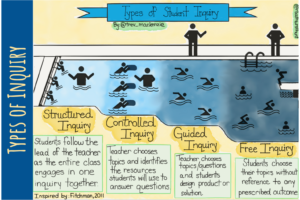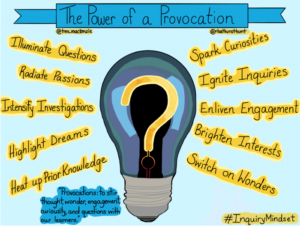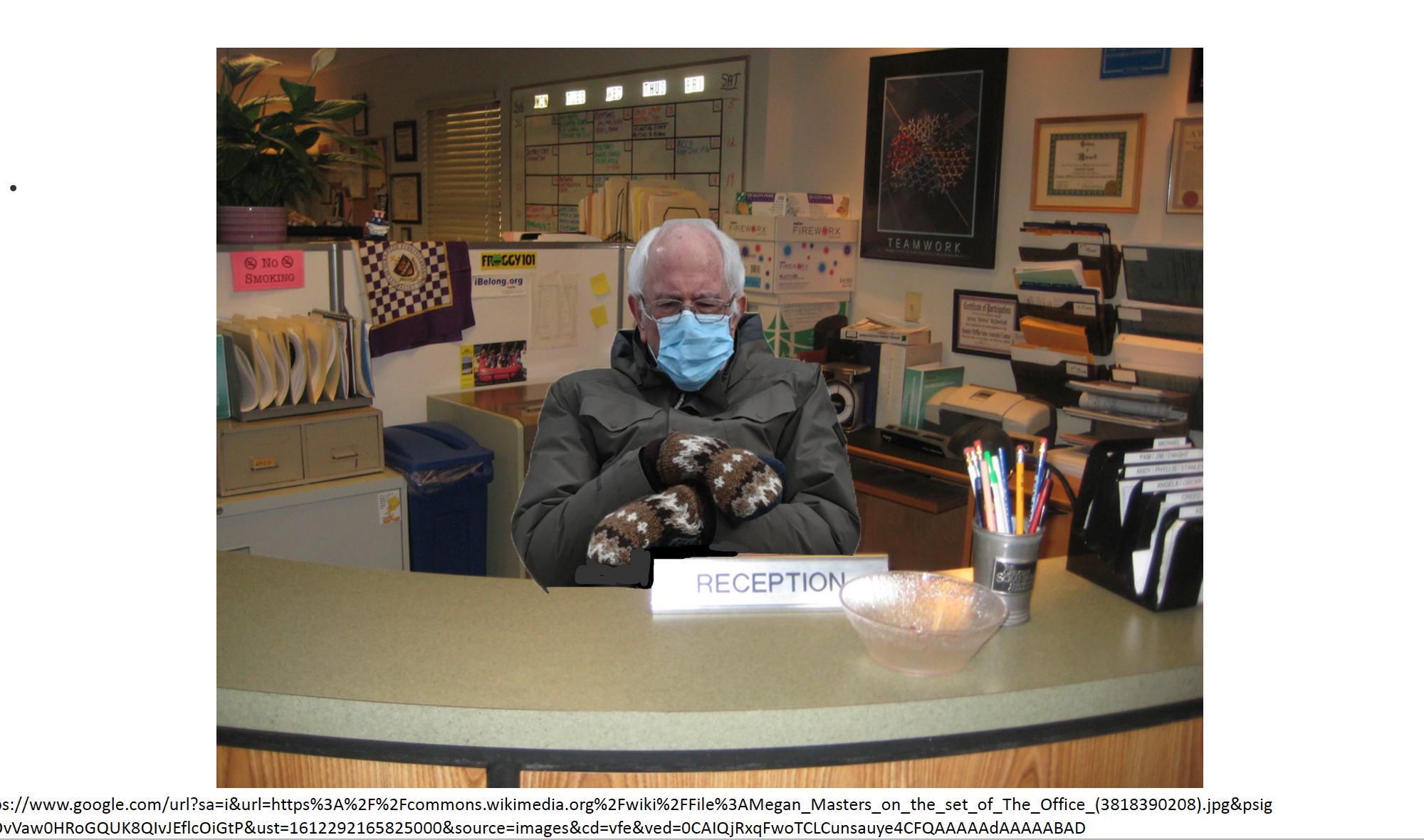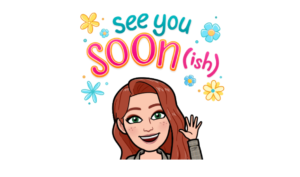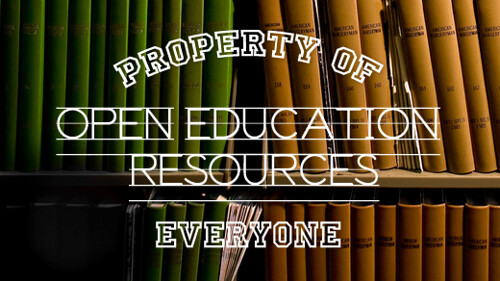In this week’s class, we learned about coding. The idea of coding is very new to me so I was excited to learn about it. I know that coding is becoming more and more prevalent to the BC curriculum and consequently, I have seen a bit of it already in schools. In high school, my science classroom had a set of sphero’s. At the time I just thought that they were fun little robots to race around the hallways of the school. I just now learned that they are classified as coding. It is so amazing that you can use these in schools with just an iPad.

In my field experience at Lochside, I was introduced to Scratch. It was used as a rewards system for two boys with behaviour differences. At the end of each day when the rest of the class would go to PE, they would stay back and head to the computer room. One time I was able to supervise them and it was so inspiring to see their engagement with the site. They had so much fun coding their own little creations and were so proud to present them to me.
Overall, I think coding is something that I really want to learn more about so I can implement it in my future classroom. I think it benefits children a lot when it comes to problem-solving skills, creativity, collaboration, and overall technology literacy. I also think it directly applies to the idea of inquiry-based learning because it encourages independent learning.




